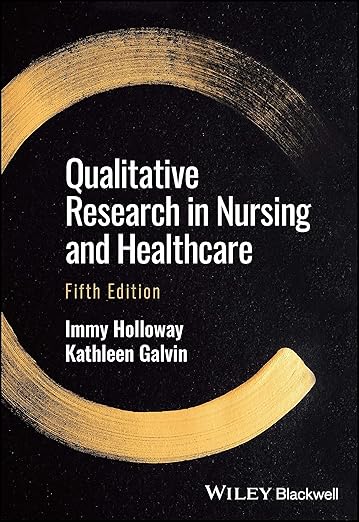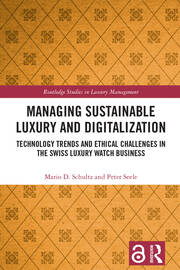
Book
Grapevine: From Origin to the Vineyard
ISBN : 9780443221743
Author : Paula Filomena Martins Lopes
Publisher : Academic Press
Year : 2024
Language : English
Type : Book
Description : Grapevine is a traditional crop with a relevant economic importance worldwide. Climate change is causing a huge impact on viticulture, compromising grape production and quality. Understanding the origin of grapevine is the basis to find new sources of genetic diversity, fundamental to overcome some of the most challenging demands of viticulture. In order to plan ahead, understanding the ongoing climate changes and their future projections is essential, so a less risky strategy can be defined by the viticulturists when demarking where to plant a vineyard and which management practices are best fitted. Several mitigation strategies are already being implemented to overcome the negative impact imposed by climate change on grape production, some with interesting results._x000D_ Another relevant concern is the increase incidence of fungal and oomycete pathogens in the vineyards, which have resulted from a conjugation of several situations, such as viticulture management practices and the limitation of pesticides’ use imposed by regulation. Understanding the molecular mechanisms underlying the plant defences are crucial either to design more efficient plant breeding programs or to define management strategies more efficient in controlling these pathogens in an environmentally friendly way. The most effective way to tackle the viticulture problems is through the development of cultivars more adapted to these challenging conditions, including biotic and abiotic stresses. The biotechnological tools currently available may be the answer to these issues, as they can substantially decrease the time required to obtain a resistant/tolerant cultivar, bringing hope to the future of viticulture. This book explores these topics in a sequential manner, illustrated with particular cases and was written by a group of international experts guarantying its scientific quality and serving as an essential reference for both viticulturists and researchers.








